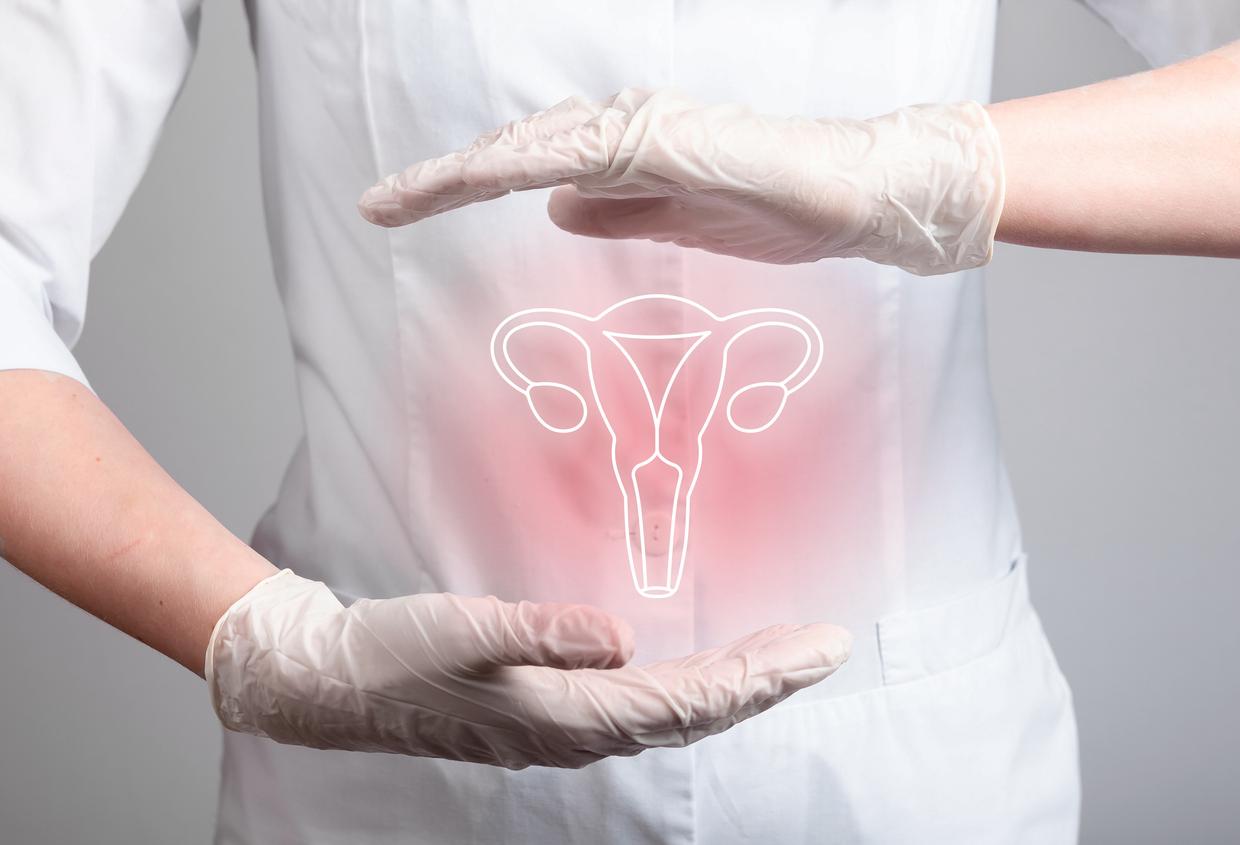- What is small intestine cancer?
- What are the causes and risk factors?
- What are the early symptoms of small intestine cancer?
- What are the stages?
- What are the treatments for small intestine cancer?
- What prognosis and life expectancy in 2022?
- Can small intestine cancer be prevented?
What is small intestine cancer?
Cancer of the small intestine (which follows the stomach and duodenum) is a very rare cancer which represents about 2% digestive tumors (stomach, colorectal, esophagus). “In France, for the year 2018, the estimated number of new cases of cancer of the small intestine was 1,746, of which 56% were in men. The median age at diagnosis is 68 years in men and 70 years in women, informs us Dr. Jean-Baptiste Méric, oncologist and director of the public health and care center of the National Cancer Institute.
“In France, cancers of the adenocarcinoma type are the most frequent (38% – developed from the cells of a gland) followed by neuroendocrine cancers (38% – developed from cells capable of producing hormones), lymphomas ( 15% – developed from lymphocytes) and sarcomas (12% – developed from the body’s supporting tissues or soft tissues)”, he specifies. In 50% of cases, the malignant tumor of the small intestine develops in the duodenum, in 20% to 30% in the jejunum and in the ileum in 15% to 20% of cases.
What are the causes and risk factors?
“The main known risk factors are predisposing hereditary conditions whose adenomatous polyposis family and Lynch syndromeand inflammatory bowel pathologies such as Crohn’s disease And celiac disease“, says Dr. Jean-Baptiste Méric.
Avoidable risk factors are suggested by some studies:
- consumption of alcohol and tobacco,
- excessive consumption of red meat,
- a diet that is too salty or smoked.
“Because of the rarity of this cancer, epidemiological studies are difficult and knowledge is limited”, emphasizes Dr. Méric.
What are the early symptoms of small intestine cancer?
THE small intestine cancer symptoms are not very specific. As with other cancers of the digestive tract, these symptoms can be:
- transit disorders (constipation or diarrhea),
- vomiting, nausea,
- blood in the stool,
- or a feeling of weakness and fatigue.
“Sometimes the diagnosis is made during the assessment of anemia (lack of red blood cells) or the discovery of an abdominal mass on palpation”, describes the doctor.
What are the stages?
“Several examinations may be carried out to identify cancer of the small intestine: a radiological examination such as a to scan with administration of a contrast product, an ultrasound or an endoscopy which consists in introducing a flexible tube into the small intestine to visualize the interior. A biopsy may be performed to analyze the tissues. says Dr. Jean-Baptiste Méric.
A thoraco-abdomino-pelvic scan allows to locate the tumor, and to evaluate the local, regional and distant extension (metastases).
It exists 5 stagesbe the stage 0 followed by stages 1 to 4in a simplified way from localized cancer, to locally advanced cancer up to the metastatic stage.
What are the treatments for small intestine cancer?
THE small intestine cancer treatments depend on the stage of the tumor. Small intestine cancer is treated like colon cancer. Curative treatment (to cure) is surgery, sometimes accompanied by chemotherapy. Inoperable or metastatic tumors are treated with chemotherapy. “When the disease has spread to other organs, surgery may also be necessary in the context of intestinal obstruction. The surgical procedure will allow the tumor to be removed or the digestive tract to be bypassed”, says Dr. Méric.
What prognosis and life expectancy in 2022?
“At 5 years, 59% of women and 55% of men with small intestine cancer are still alive, informs Dr. Méric. The older the age at diagnosis, the more this rate decreases. Thus between the ages of 50 and 80, this rate goes from 73% to 42% whether for men or for women. says the doctor.
Can small intestine cancer be prevented?
“For hereditary conditions, appropriate monitoring can limit the occurrence of cancer of the small intestine”, says Dr. Jean-Baptiste Méric. For avoidable risk factors, it is recommended for the prevention of this cancer as well as for the prevention of all cancers not to smoke or to stop smoking, to consume alcohol without excess (no more than 2 glasses per day and not every day), to have a varied and balanced diet and to practice regular physical activity.
Sources:
- Interview Dr Jean-Baptiste Méric, oncologist and director of the public health and care center of the National Cancer Institute, June 2022.
- Manfredi S, Afchain P, Carrère N, Cellier C, Evesque L, Hoeffel C, Lecomte T, Locher C, Lucidarme O, Samalin E, Turpin A, Aparicio T, Bouché O; National Digestive Cancer Thesaurus (TNCD). Small bowel adenocarcinoma: “Adenocarcinoma of the small intestine” National Digestive Oncology Thesaurus, July 2021
- Report – Volume 1 – Solid tumors – National estimates of cancer incidence and mortality in metropolitan France between 1990 and 2018, National Cancer Institute, July 2019
- Survival of people with cancer in metropolitan France 1989-2018- Summary of results: solid tumors and hematological malignancies, National Cancer InstituteJuly 2021
Read also:
- Colorectal cancer: a drug completely eliminates the disease
- The higher the BMI, the more alcohol consumption increases the risk of cancer
- Cancer: the 3 essential ingredients to reduce the risk of developing the disease
















